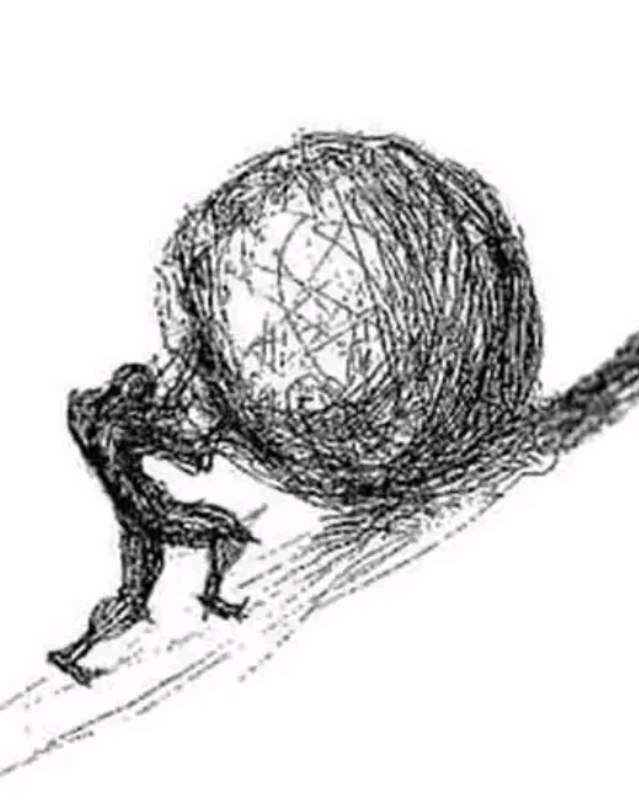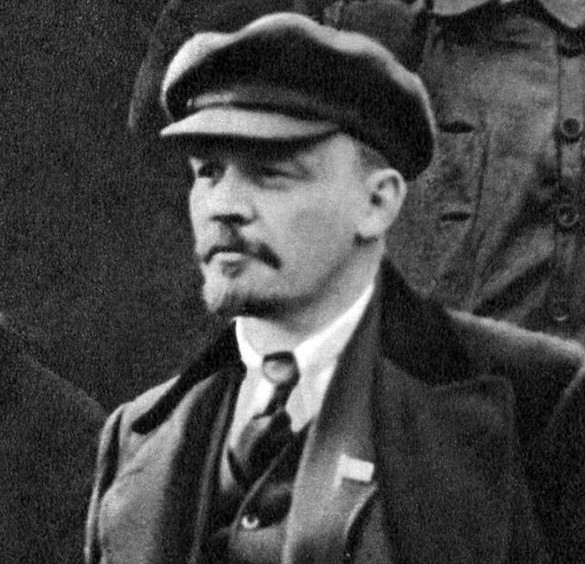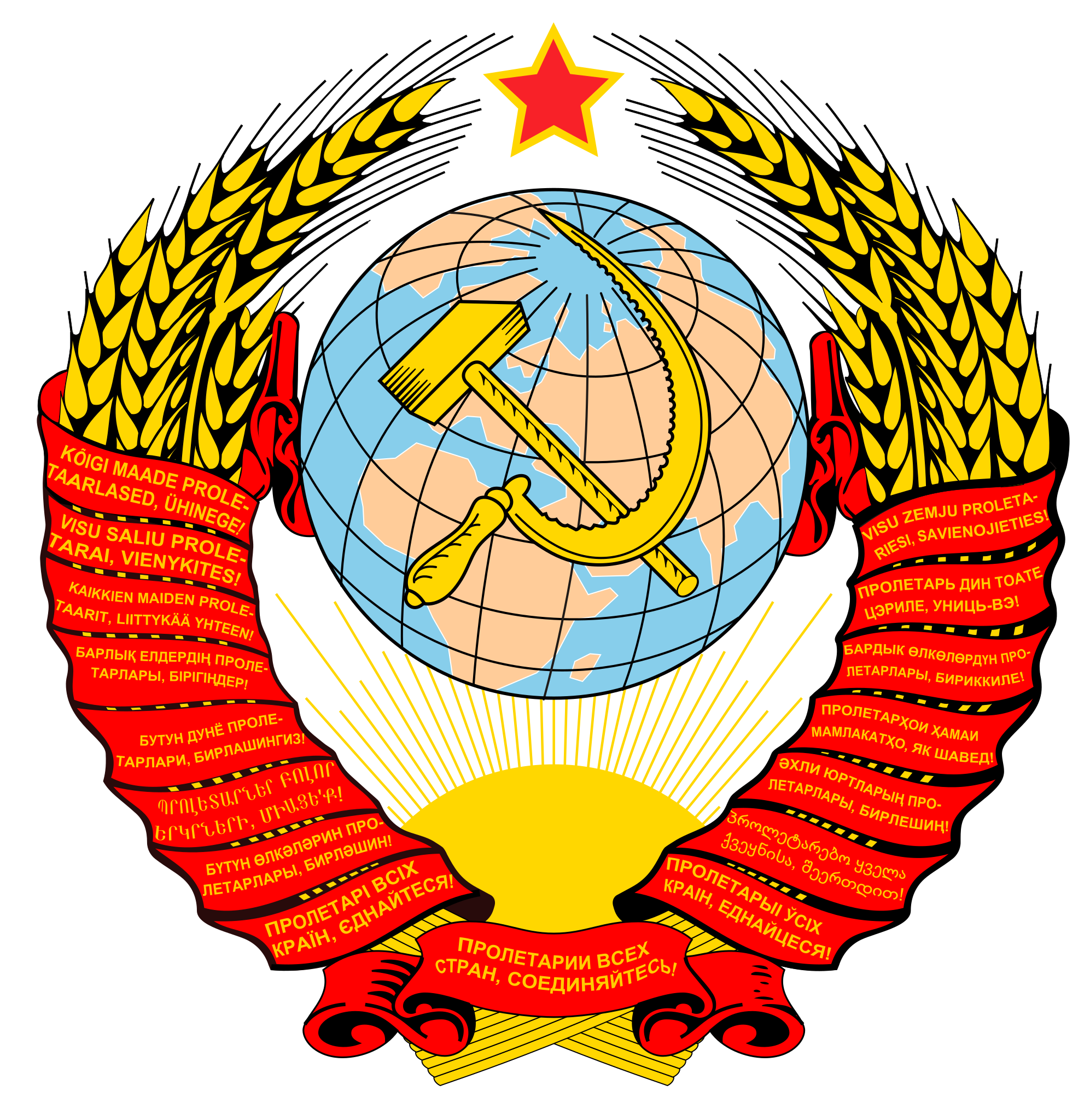This question seems out of place, with no context whatsoever. What is the point of your question? Who knows. But oh well.
It’s very hard to find a criticism of Lenin. He simply had the habit of being frequently correct. One instance I could disagree with Lenin (and I’m sure he would disagree with himself too) was in his polemic with Clara Zetkin, where he claims,
The Freudian hypotheses mentioned in the pamphlet in question give it a character that pretends to be ‘scientific’, but at bottom it is a superficial confusion. Freudian theory is the modern fashion. I mistrust the sexual theories of the articles, dissertations, pamphlets, etc., in short, of that particular kind of literature which flourishes luxuriantly in the dirty soil of bourgeois society.
Now that we have the advantage of historical retrospection, Lenin was half-right (not even when he is wrong, he is absolutely wrong!), because Freud’s works were based on evidence and observation, and pointed out correctly to some psychological processes, but indeed, Freud’s works are also ridden with bourgeois ideology, such as male chauvinism.
As to Stalin, it’s also hard to disagree with him in theoretical terms. But in the practical, political activities of the Comintern of his time there is much to disagree with. The foreign policy of the Soviet Union was extremely lacking, and the “popular front” tactic promoted by Dimitrov on the Comintern actually gave further strength to the rise of fascism. The way the Comintern was structured, it had countless communist parties under its direction and even control.
The Soviet Union since the government of Stalin created a political dependence of communist parties worldwide which severely hampered the development of revolutions worldwide. A particular example of this is how the Comintern gave “textbooks” on revolutionary strategies to communist parties, and the plan established by them for revolution in Brazil was obviously oblivious to the material conditions of the country, and outlined an “stageist” process to revolution, during which the Communist Party would have to first ally themselves with the national bourgeoisie. This resulted in the Brazilian Communist Party aligning with the government of João Goulart, and resulted in a coup promoted by the country’s own national bourgeoisie, leaving the Communist Party absolutely empty-handed and unable to react against the coup. Thus giving rise to a fascist dictatorship which lasted 21 years. This interference in the parties worldwide was so prevalent that when the USSR dissolved, several communist parties worldwide also dissolved following the Soviets. Another example is how the Chinese Revolution was successful precisely because they did not follow the orders of the Comintern in aligning with the Kuomintang.
Mao Zedong deserves much criticism in terms of his opportunistic and ultra-leftist tendencies towards the end of his life, from the late 60’s until his death in 1976. Mao Zedong was basing most of his foreign policy at the time on the idea that the Soviet Union was a “social-imperialist” country, and considered the USSR the major contradiction at the time, to the point they supported genocidal regimes such as the Democratic Kampuchea and aligned with the United States just to fight against Soviet influence. The Deng Xiaoping government inherited this foreign policy at the beginning of his government as well.
This question seems out of place, with no context whatsoever. What is the point of your question? Who knows. But oh well.
Sorry? Lol I don’t mean to be annoying I just want to know if there’s actual criticisms that aren’t 100 trillion dead nonsense…
Anyways, thank you very much. Very informative
Context below the title would help lol
the “popular front” tactic promoted by Dimitrov on the Comintern actually gave further strength to the rise of fascism.
More information on this? I have heard people say we should do that at the current time, and am surprised to see it so contradicted.
There is a book which thoroughly discusses this, but unfortunately, I only know its Portuguese edition available as PDF
Basically when communists aligned themselves with social-democracy in the fight against rising fascism, they became subordinate to the most powerful political force, which was bourgeois directed social-democracy. The several communists parties followed the popular front tactic and it resulted in focusing on criticizing fascism instead of criticizing social-democracy.
But when social-democratic parties enacted austerity measures following the Great Depression, the workers began to associate these policies which hurt them with the communists. The only political force which was virulently against both social-democracy and the communists was precisely the fascists, so the people were drawn into the fascist movement.
So in practice the popular front tactic consistently subordinates communist movements to the strongest political force, which is usually a bourgeois party or organization with lots of financial support and defends bourgeois interests.
This makes sense. What alternatives are there? (Not that I’m short of books I should go read that might cover it, just that I’m wondering if you could give a good concise answer)
Alternatives for what, tactics for revolution? I think we still are in the phase of “What is to be done?”. Even though Lenin’s examples are extremely outdated, his work still gives a clear direction for the strategy and tactics of the revolution. Instead of “popular front” tactics, an organization should focus on engaging in polemics, promoting propaganda and recruiting workers to the organization, growing its numbers and gaining its political and financial independence as a working class party
The communist movement still hasn’t recovered from the end of the First Cold War. It needs much work to rebuild itself
For fighting fascism specifically, though maybe that’s too tied up with revolution, as as capitalism exists, so will a potential for fascism.
In his last few years, Mao had bad foreign policy and considered the USSR “social imperialist”.
sparrows.





